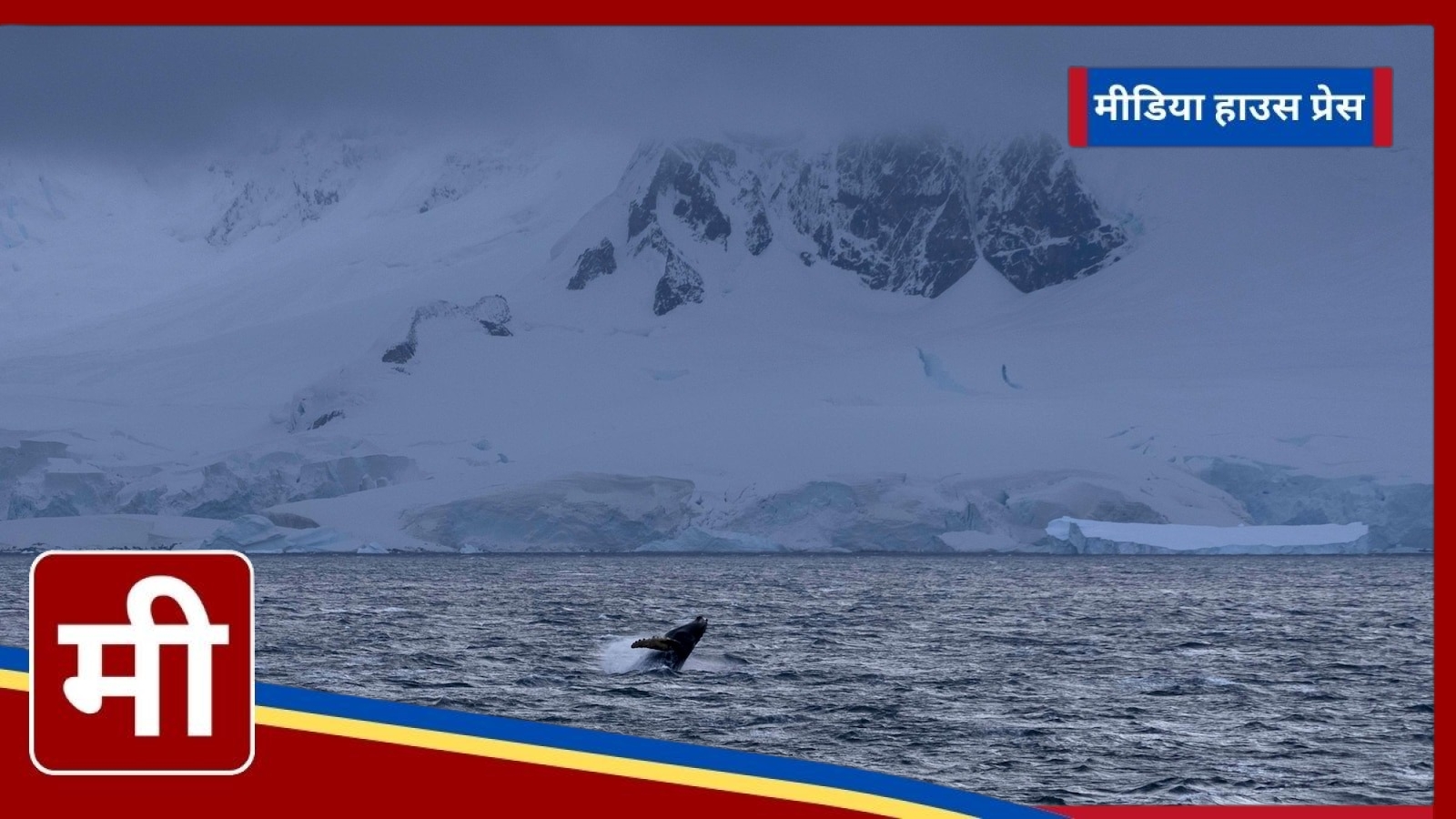Krill fishing has been expanding at an unprecedented rate, with the annual krill catch skyrocketing from 104,728 metric tons in 2007 to a record 498,000 metric tons in 2023. This spike comes as large, technologically advanced fishing vessels join the industry, which relies on krill as a keystone resource. These small crustaceans are essential not only to various industrial sectors but also form the primary diet of many marine species, including whales, seals, and penguins. However, the depletion of krill stocks is raising concerns over the fragile Antarctic ecosystem’s stability, exacerbated by direct competition between industrial fishing operations and marine mammals for this critical food source.
Whale Entanglements in Krill Fishing Nets Spotlight Sustainability Challenges
The entanglements mark a troubling development in krill harvesting. Despite efforts by Norway’s Aker BioMarine, a major player in the krill industry, to redesign fishing nets after a series of whale entrapments in 2021 and 2022, incidents continue to occur. In January 2023, a young humpback whale was found dead, entangled in the net of Aker’s advanced supertrawler, the Antarctic Endurance. Later, in May, a second whale death occurred under unclear circumstances but suggested prolonged entrapment. A third incident involved a whale entangled in a traditional net, where the whale sustained injuries that were likely fatal.
Aker BioMarine CEO, Matts Wibjorn Barstad, announced plans to implement new stretch sensors and underwater cameras across the fleet by next season to minimize such entanglements. These sensors would alert crews to the presence of large mammals near the nets, but concerns remain as the krill industry expands.
Geopolitical Deadlock Hinders Conservation Efforts for Antarctic Marine Life
The ongoing deadlock within CCAMLR has complicated conservation efforts. Established in 1982 to safeguard Antarctic waters, CCAMLR has been unable to progress on essential protective measures in recent years, largely due to geopolitical resistance from influential countries like China and Russia. Hopes were high during this year’s CCAMLR meeting for the approval of new krill management plans and the establishment of a significant marine reserve near the Antarctic Peninsula, a vital yet delicate ecosystem. This proposed reserve would span an area the size of California, yet only 5% of the Southern Ocean is currently protected.
A last-minute proposal by the United Kingdom and Australia to implement a lower catch limit ultimately faltered. China reversed its support for the marine reserve, blocking the implementation of stricter fishing regulations. Without consensus, the current catch limit of 620,000 metric tons remains in place, allowing krill fishing activities to concentrate in sensitive krill hotspots, already under pressure from fishing, tourism, and climate change.
The Growing Demand for Omega-3 and Krill’s Role in the Global Seafood Industry
Global demand for Omega-3 supplements and the aquaculture industry’s reliance on krill as a nutrient-rich feed ingredient has fueled the krill industry’s expansion. Recently, New York-based private equity firm American Industrial Partners acquired a majority stake in Aker BioMarine’s krill feed business, aiming to position krill as a premium ingredient in aquaculture. This focus has spurred a significant increase in fishing activity, adding further strain to krill stocks.
Environmental advocates argue that the surge in demand, coupled with climate change, is endangering the entire Antarctic food web. With krill being a critical link in the ecosystem, experts stress the need for controlled harvesting to maintain marine biodiversity. Former CCAMLR U.S. delegation head Evan Bloom emphasized the urgency of preserving krill stocks, describing them as the “foundation of the Antarctic food chain.” Without stricter measures, Bloom warns, the risk of ecological imbalance in Antarctica will only intensify.
Potential Industry-Led Measures in the Absence of Regulatory Oversight
Facing the current regulatory vacuum, the krill industry is exploring voluntary measures. Barstad indicated that Aker BioMarine might consider self-imposed catch limits to ensure sustainable krill fishing. While the recent regulatory shifts are unsettling, Barstad believes they could create a more constructive environment for discussing science-based, sustainable practices.
As CCAMLR’s mandate centers on conservation, the ongoing expansion of krill harvesting is prompting calls for an updated framework that balances industry interests with ecological preservation. Without this, experts caution that the Antarctic ecosystem’s resilience may be pushed to its limits, potentially endangering a critical part of the world’s marine biodiversity.


